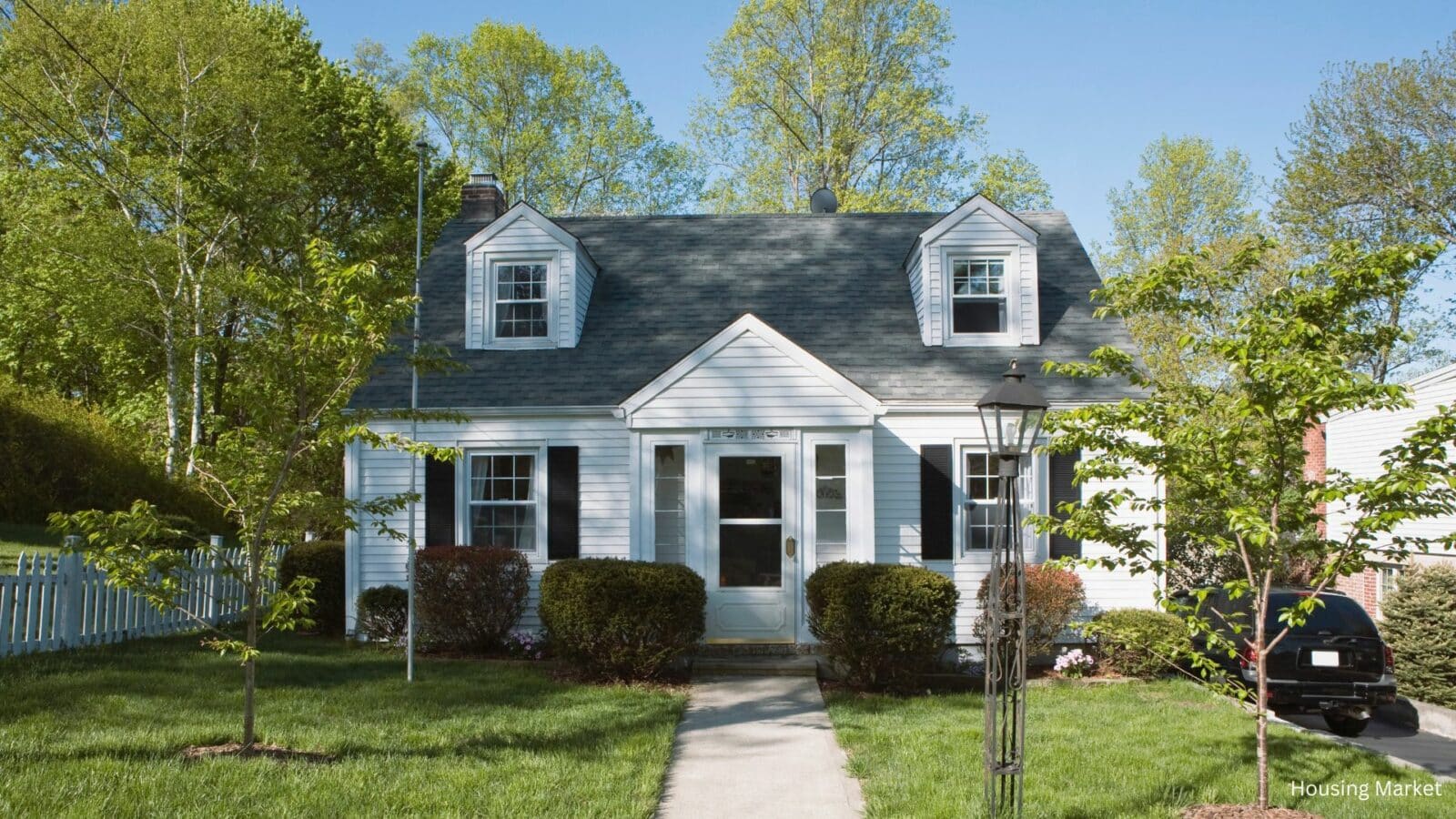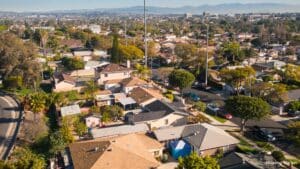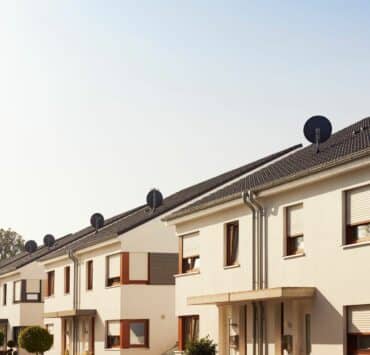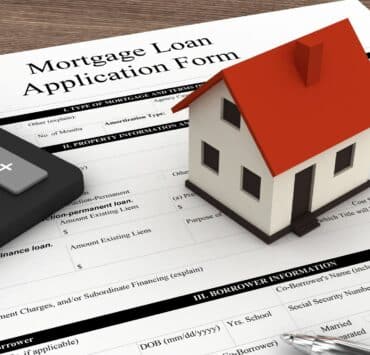Understanding the income needed to buy a starter home is crucial for prospective buyers. With the cost of homes continuing to rise and mortgage rates fluctuating, many potential homeowners find themselves questioning whether they can afford to enter the market. This article explores the current income requirements for purchasing a starter home in the U.S. and provides insights into the factors driving these costs.
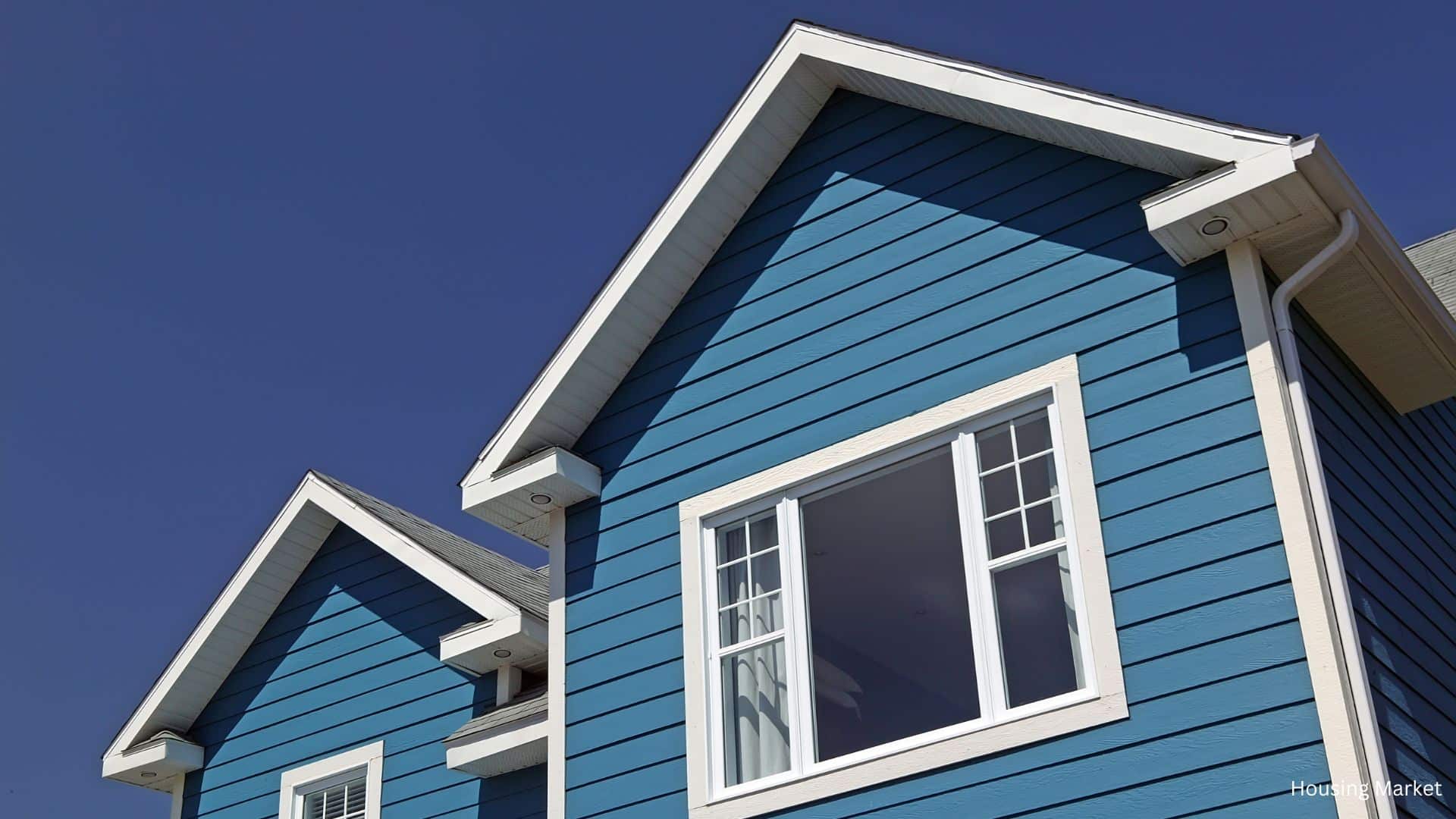
The Rising Income Requirements for Starter Homes
The income needed to buy a starter home has reached nearly $80,000 annually, a significant increase from previous years. According to a recent Redfin analysis, this figure is just shy of the all-time high, making it increasingly difficult for families earning the median U.S. income to afford a starter home. In fact, in many of the largest U.S. metro areas, the local median income is no longer sufficient to purchase a starter home.
This trend is particularly pronounced in cities like Los Angeles and Anaheim, where a family needs to earn double the local median income to afford a starter home. The situation is slightly better in other parts of the country, but overall, the rising prices and high mortgage rates are pushing many potential buyers out of the market.
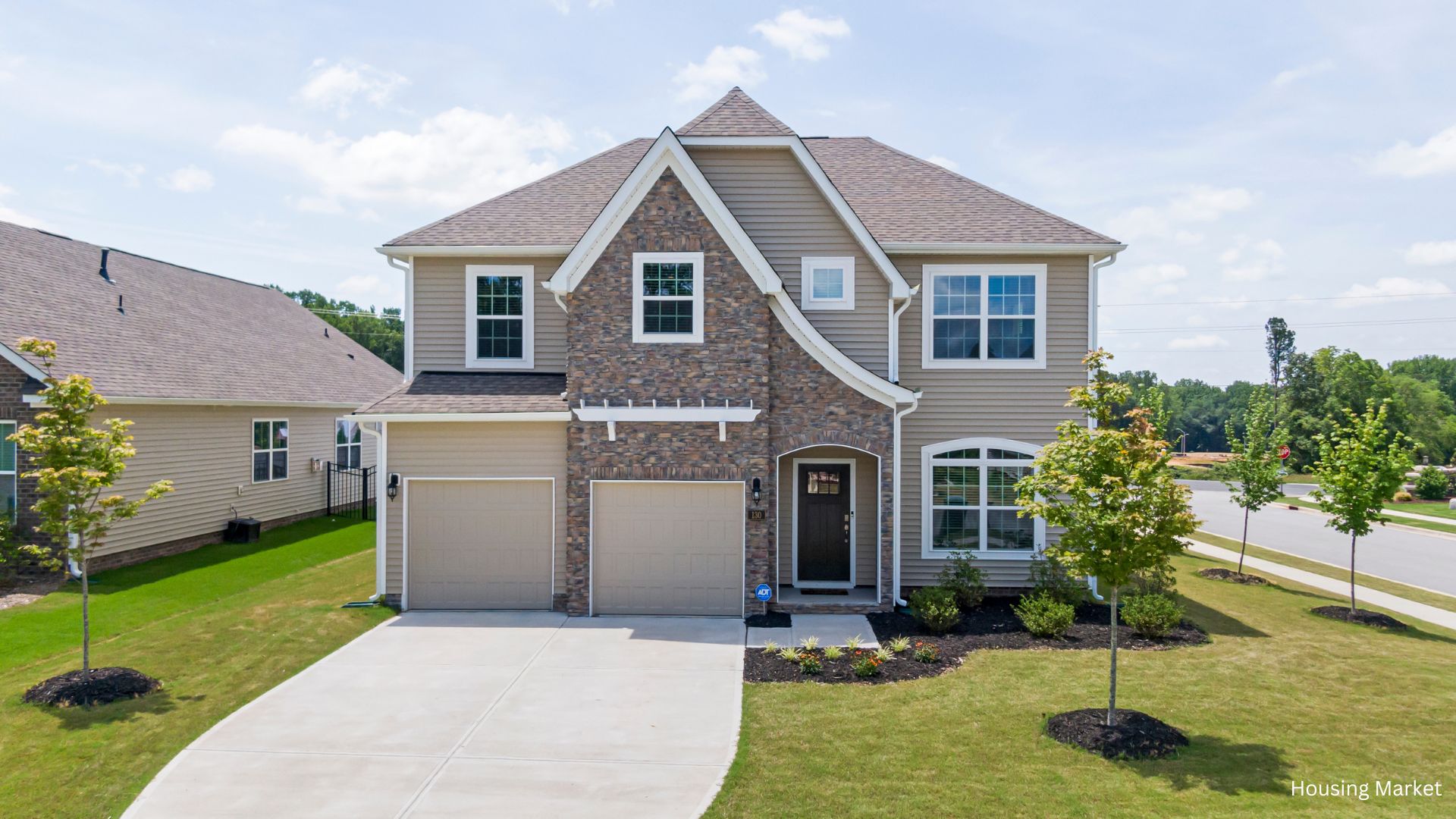
Regional Variations in Affordability
The income needed to buy a starter home varies significantly across different regions. In Southern California, for example, the affordability gap is stark. In Los Angeles, a family needs to earn approximately $184,477 to purchase a starter home, while the median income is only $93,197. This disparity highlights the challenges faced by middle-income families in high-cost areas.
On the other hand, some Rust Belt cities like Detroit and St. Louis offer more affordable options. In Detroit, a typical family earns more than twice the amount needed to buy a starter home, making it one of the most affordable major metros in the U.S. However, these areas are exceptions rather than the rule, and the overall trend points to increasing difficulty for first-time buyers across the country.
The Impact of Mortgage Rates and Home Prices
Elevated mortgage rates and near-record home prices are the primary drivers of the increased income needed to buy a starter home. The average mortgage rate was 6.85% in July 2024, more than double the rates seen during the pandemic. Combined with a typical starter home price of $250,000, these factors contribute to the high income threshold required for homeownership.
Rising demand for starter homes, fueled by middle-income Americans and investors, is also pushing prices higher. Despite a slight increase in listings and a minor decrease in mortgage rates, the market remains competitive, with many homes receiving multiple offers.
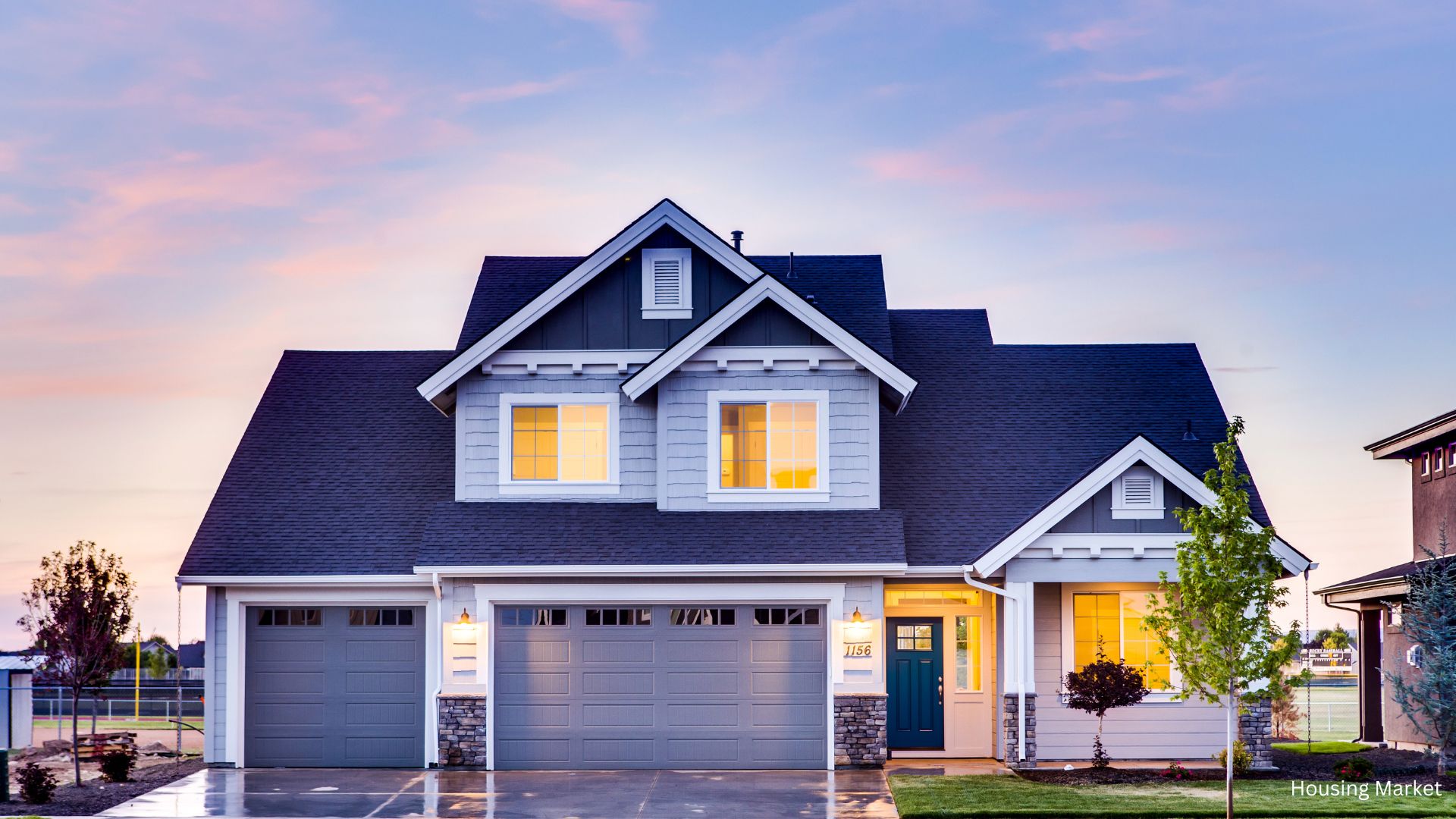
Navigating the Starter Home Market
The income needed to buy a starter home has never been higher, and for many Americans, the dream of homeownership is becoming increasingly elusive. As prices continue to rise and mortgage rates remain elevated, prospective buyers must carefully evaluate their financial situation and consider regional variations in affordability. While some areas offer more accessible options, the overall trend suggests that purchasing a starter home will remain a challenge for many families.
